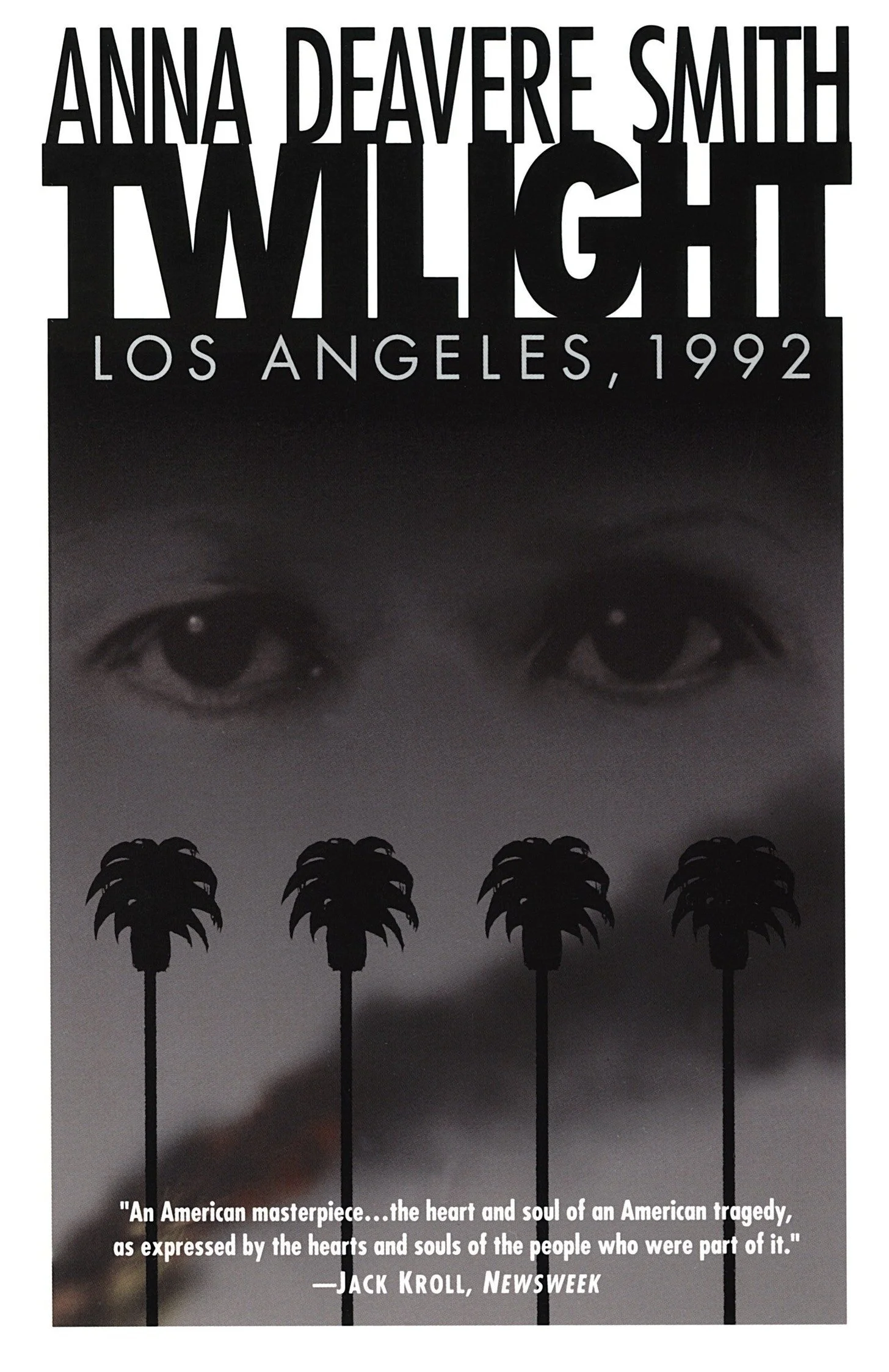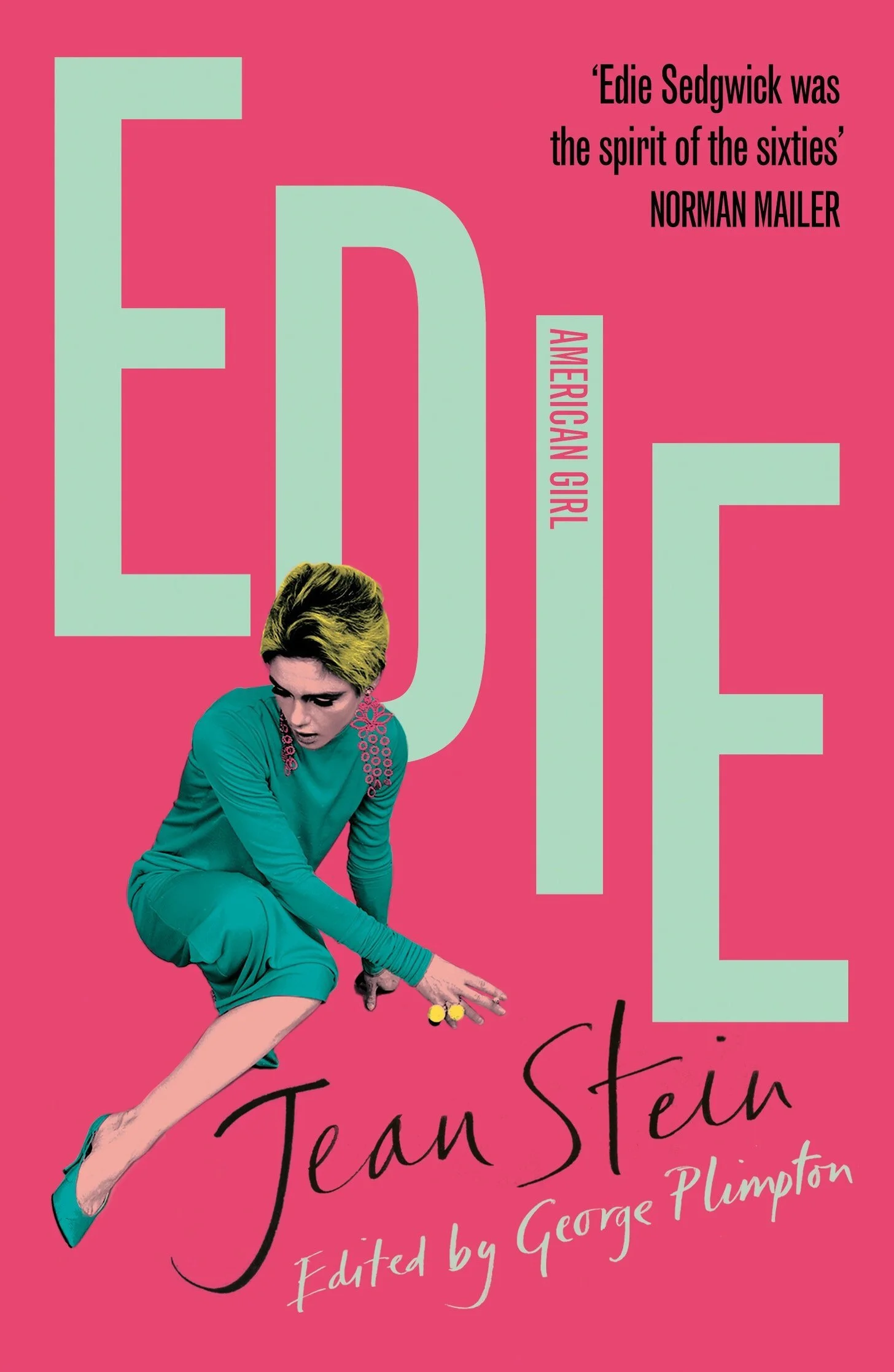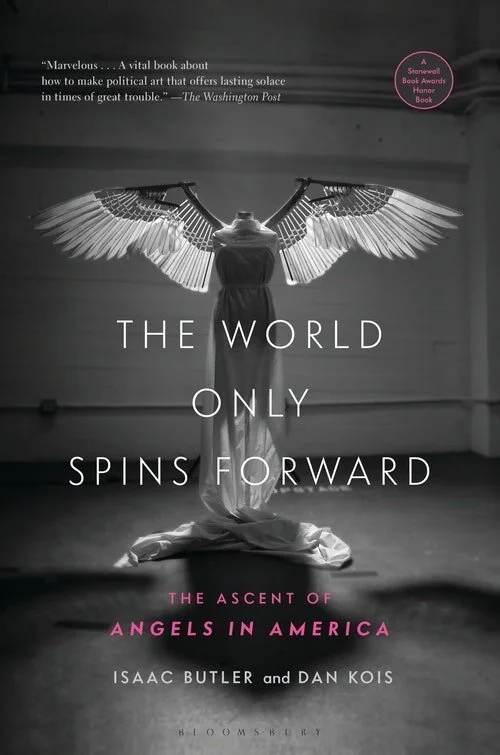Tavi’s Book Club
Make it stand out
The one and only Tavi Gevinson, past editor of Rookie, a writer and actress, has given us some of her top book recommendations to keep you going through this lockdown.
Ever since, I dunno, day ten of self-isolation, I haven’t started reading any well-written book without immediately thinking fuck you and bitterly folding it shut. It just doesn’t feel like the time for stunning prose. Not because I’m against distractions--I love distractions--but because it asks too much of my brain. I now have sudden swaths of alleged free time, but I’m learning that I tire easily after a day of working from home, feeding myself, reading the news, checking in on friends, thinking hard about showering, and receiving a dozen misinformed texts that are all like, “Hey. My cousin’s friend’s newborn works at the Pentagon and said that Governor Cuomo is about to do a lockdown on all shipments of the one organic deodorant you found that actually works. Stock up. Now.”
By the time the day (and what is a “day” anymore, really) is over (and what is “over” anymore, really), I just want everyone to shut up. But I’m also sick of being alone. I long for company, but I don’t want conversation. I need other people’s voices, but I can’t handle full human beings. I want to enjoy a book, but my reading comprehension is rapidly deteriorating.
Polyester reader, I found the solution. ORAL HISTORIES.
___STEADY_PAYWALL___
Oral histories are super readable. They’re just transcripts of people talking! BUT they’re edited together to tell the story of a band/social movement/TV show/et cetera, so along with being entertained, you’re learning new things! Most crucially for self-isolation, oral histories make me feel less alone. Sure, there are human characters in most books one might read, but real people’s voices and personalities are extra-palpable in well-conducted interviews. It’s even fun when you know you’re reading the canned version of some story that someone’s clearly been honing for years, because in an oral history, everyone’s canned versions come up against each other, and they rarely align. Juicy! And finally, like all nonfiction writing about something that took place in the past, oral histories remind you that this moment, too, will one day be, well, history.
Obviously, finding the right oral history depends a lot on what you’re already into. I posted a photo of some that I like on my Instagram a few days ago.
But I wanted to write about three that I think transcend my own personal interests. Or maybe they don’t. Let’s find out!
Edie: American Girl by Jean Stein, edited with George Plimpton
This is one of the only books I’ve experienced as truly un-put-down-able, and it does not require being some kind of Edie Sedgwick head to enjoy. The main story here is really about her family, as detailed by its members and their circle, who all intersect with American history in unexpected ways. For generations, the Sedgwicks were as close to royalty as Americans could get: The ancestors came over on the Mayflower and founded schools; the descendants enjoyed wealth, Harvard, and good bone structure. But the book details the ways in which extreme privilege can cannibalize itself--kind of like Succession,but sadder. The patriarch rules like a tyrant; the siblings struggle to bond across inherited gulfs of shame. To Edie, repression starts to look like a worse fate than freefall, so she takes her trust fund and moves to New York to be a model. The chaos of the ‘60s parallels her own rebellion, and her growing profile. She becomes a “youthquaker,” a Warhol superstar, the It Girl. At the same time, she struggles with mental illness, drug addiction, and the fair-weather appetites of the New York cultural scene, which is really just another rich, white American oligarchy, obsessed with protecting old values and keeping up appearances, doling out only conditional love.
Out of this period came all the iconic photos: Edie throwing her head back, Edie holding a drink, Edie with her limbs collapsed, looking like a push puppet. The portrait created by this book is more captivating than any of them, and more engrossing than Warhol’s Screen Test. It’s somehow both fun and devastating, and it goes by like that.
Twilight: Los Angeles, 1992 by Anna Deavere Smith
This play is a series of monologues quoted verbatim from interviews with 37 different subjects about the L.A. riots of 1992. As research, Smith also interviewed over 200 other victims, witnesses, participants, and many more L.A. residents and public figures. The published version includes her notes about each person’s physicality and voice; the tics or digressions that would be edited out in other forms of journalism are left intact. Smith writes in a production note, “All of the utterances, every ‘uh,’ is a rhythmic beat which informs the development of character. Many times a character speaks in a counterintuitive way, in which words in and of themselves do not make sense. The play has been written as an extension of research done by the author on the relationship of language to identity. Language in this play creates identity, not from the words themselves, but from the actual arrangement of the words. These details not only make each account vividly reflective of the speaker’s identity; they allow for the speaker to be an individual, rather than merely a representation of a point-of-view.
That’s how this book begins. It tells the story of the play that grew out of Kushner’s poem, and of the play’s subsequent, still-reverberating impact. It’s a thorough document of a collaborative artistic process, with stories that I think would resonate for non-theatre-artists, too. When I first read it, I thought a lot about Rookie, and the many microdecisions and happy accidents that lots of people had to make for such a thing to exist. Also, for those interested in playwriting, directing, and acting, the stories here are as instructive as any explicit guidebook.
But this book is also about art made in a time of crisis. Maybe that’s why I thought of it to recommend this week. This is not to suggest that one day, a bunch of art about this moment will have made it all “worth it”--that’s the art-requires-suffering myth, which forgets that inspiration and genius are constants of human existence, and which implies that art is more important than life. No. This is to say that a crisis is made more manageable if it leads to art which then leads to community. Not to greatness. Not to beauty. Not to legacy, or glory, or anything else that needs death to become meaningful. But to an exchange among artists, readers, and so on. Community. This is a force that sustains individuals; I feel it writing for Polyester; I feel it as the grateful reader of these books. I haven’t revisited The World Only Spins Forward since 2018, but maybe I will now. In the meantime, I leave you with the last words of Kushner’s play:
“This disease will be the end of many of us, but not nearly all, and the dead will be commemorated and will struggle on with the living, and we are not going away. We won't die secret deaths anymore. The world only spins forward. We will be citizens. The time has come.
Bye now.
You are fabulous creatures, each and every one.
And I bless you: More Life.
The Great Work Begins.”
Words: Tavi Gevinson
When Smith started developing her style of verbatim theater, there wasn’t a super-convenient public forum where millions of people could have a voice. In theory, the presence of social media should make it feel less novel to read a play from almost 30 years ago about how people in different communities experienced linked events. But the depth of Smith’s mostly one-on-one interviews is distinct from what an individual can achieve by quickly sharing with an audience online. Her emphasis on voice makes room for a humanity that doesn’t always come across when people circulate near-identical takes. “The relationship between language and identity” is harder to glean when the same Twitter-y tone of authority can be so easily adopted across the political spectrum, and even weaponized to spread misinformation.
There are multiple monologues in Twilight in which speakers say something to the effect of: The riots were the logical culmination of years of injustice and inequality that the Rodney King verdict merely brought to the surface. A similar sentiment became a common refrain 24 years later, after the election of Donald Trump. Reading any of Smith’s verbatim theatre works is a way to remember that the past is present; that history is an ongoing project of understanding. It is a way to briefly witness the accounts of people most impacted by the events that became names and dates. And it feels like being communicated to, whether speakers stutter, contradict themselves, share an already-polished anecdote, or get lost in their trains of thought.
The World Only Spins Forward: The Ascent of Angels in America by Dan Kois and Isaac Butler
“Around November of 1985, the first person that I knew personally died of AIDS. A dancer that I had a huge crush on, a very sweet man and very beautiful. I got an NEA directing fellowship at the repertory theatre in St. Louis, and right before I left New York, I heard through the grapevine that he had gotten sick. And then, in November, he died.
And I had this dream: Bill dying—I don’t know if he was actually dying, but he was in his pyjamas and sick on his bed—and the ceiling collapsed and this angel comes into the room. And then I wrote a poem. I’m not a poet, but I wrote this thing. It was many pages long. After I finished it, I put it away. No one will ever see it.
Its title was ‘Angels in America.’”
--Tony Kushner




